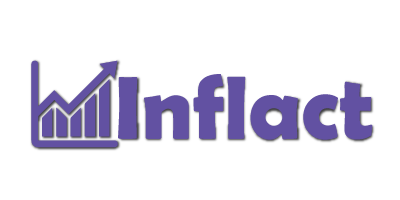In today’s highly competitive e-commerce landscape, fashion brands must leverage cutting-edge technology and strategic digital marketing to stand out. One of the most powerful combinations driving online retail success is the integration of Fashion SEO strategies and Artificial Intelligence (AI) agents. By merging data-driven optimization techniques with intelligent automation, brands can enhance visibility, streamline operations, and boost conversions.
The Role of SEO in Fashion eCommerce
Search Engine Optimization (SEO) plays a crucial role in ensuring that fashion brands rank highly on search engines like Google. Since online shoppers often begin their journey with a search query, appearing on the first page of results significantly impacts traffic and sales. Key Fashion SEO strategies include:
Keyword Optimization – Incorporating high-intent and long-tail keywords that reflect how consumers search for fashion items, such as “best summer dresses 2024” or “affordable leather jackets.”
Content Marketing – Blogging about fashion trends, styling guides, and seasonal collections improves engagement and boosts SEO rankings.
Technical SEO – Ensuring fast-loading pages, mobile optimization, and structured data implementation enhances user experience and search rankings.
Backlink Building – Gaining high-quality backlinks from authoritative fashion websites increases domain authority and search engine trust.
User Experience (UX) Optimization – Intuitive site navigation, compelling visuals, and seamless checkout experiences help reduce bounce rates and increase conversions.
AI Agents: Transforming Fashion SEO and Customer Engagement
Artificial Intelligence has significantly enhanced how brands execute SEO and interact with customers. AI-driven agents analyze vast amounts of data, predict trends, and personalize user experiences. Here’s how AI is revolutionizing fashion eCommerce:
AI-Powered SEO Optimization
AI tools like Google’s RankBrain and AI-driven keyword research software analyze search behavior and suggest optimal strategies for content creation. AI-driven content generators help brands produce high-quality, SEO-optimized fashion articles quickly.
Personalized Shopping Experience
AI-powered recommendation engines use consumer data to suggest relevant products, similar to how Netflix recommends shows. This not only improves user engagement but also enhances conversion rates by providing highly targeted product suggestions.
Chatbots and Virtual Assistants
AI-driven chatbots engage with users in real-time, answering queries, offering styling advice, and even assisting with purchases. Virtual assistants powered by AI enhance customer satisfaction and reduce response time.
Visual Search and Image Recognition
AI image recognition allows users to upload pictures and find similar fashion items. This technology, used by major brands like ASOS and Pinterest, simplifies the shopping experience and enhances product discovery.
Automated Content Creation
AI-generated content tools assist brands in crafting compelling product descriptions, blog posts, and meta tags, ensuring a consistent flow of fresh, SEO-friendly content without manual effort.
The Future of Fashion SEO and AI Integration
The intersection of Fashion SEO strategies and AI agents is set to redefine online retail in the coming years. Brands that leverage AI for search optimization, personalized recommendations, and automated content generation will gain a competitive edge. Moreover, advancements in AI-driven voice search and augmented reality shopping experiences will further shape the future of fashion eCommerce.
Conclusion
Fashion brands aiming for long-term online success must adopt a hybrid approach that combines robust SEO strategies with AI-driven automation. By leveraging AI agents for data analysis, personalization, and content optimization, businesses can improve search visibility, enhance user experience, and drive higher conversion rates. The future of fashion retail belongs to those who embrace innovation and stay ahead of digital marketing trends.




